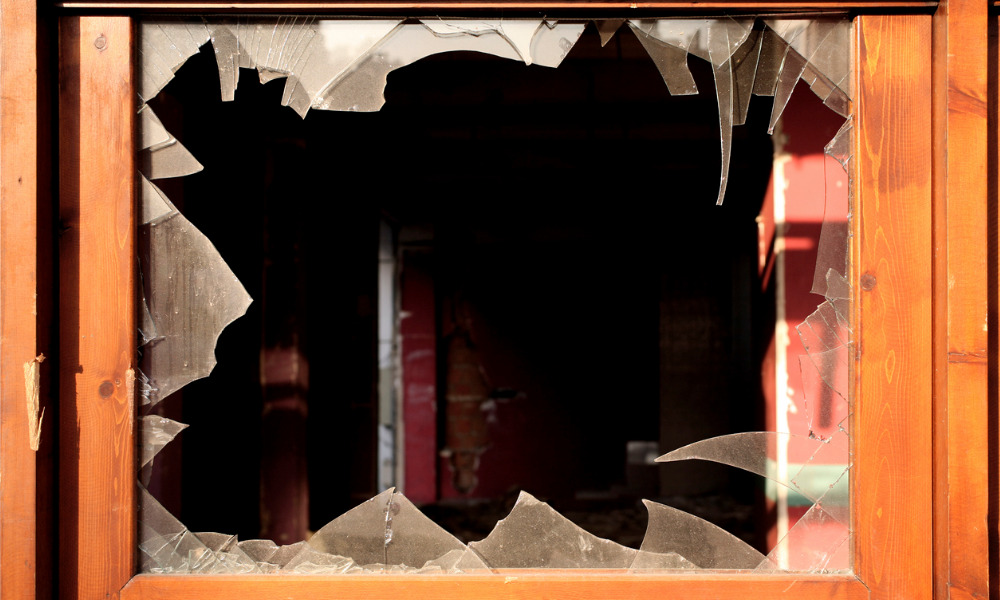
No miscarriage of justice to the appellant due to ineffective assistance of counsel

The Newfoundland and Labrador Court of Appeal has refused to admit, as fresh evidence, certain attachments available at the time of trial that were irrelevant and could not reasonably be expected to affect the result.
In R. v. Chafe, 2022 NLCA 12, an argument erupted while the appellant and his brother were drinking alcohol in the brother’s home. The brother testified that the appellant violently hit him, left the home, shouted threats to kill, broke a window in the home, and then re-entered through the window. Three eyewitnesses corroborated the brother’s testimony regarding these events.
The appellant denied assaulting his brother, making threats to kill and re-entering his brother’s home. According to the appellant, a physical fight occurred, but only in front of the home and in response to his brother stabbing him.
The trial court convicted the appellant of assault, uttering threats, and break-and enter. The trial judge accepted the testimonies of the brother and the eyewitnesses and rejected most of the appellant’s testimony.
The appellant appealed and sought to introduce fresh evidence to support his arguments that ineffective assistance and Crown counsel’s incompetence or bad faith led to the rejection of his testimony. Photographs of the appellant’s clothing and shoes during the incident were relevant to his credibility relating to his wounds and his denial of the allegation that he re-entered the home through the broken window, the appellant contended.
The Court of Appeal dismissed the appeal. It admitted affidavits from both the appellant and counsel as fresh evidence, but it excluded the attachments on the appellant’s second affidavit relating to the photographs, medical records and expert medical affidavits. The appellate court found the photographs irrelevant to the appellant’s credibility and not probative of the other issues.
Defense counsel did not provide ineffective assistance, the appellate court held. The appellant argued that counsel failed to warn him against giving a statement to police and failed to challenge the voluntariness of that statement, but the appellate court said that these matters did not prejudice the appellant or impact the outcome. Counsel’s failure to pursue a remedy for loss or destruction of the clothing and sneakers also had no effect, since the evidence was neither relevant nor probative, the court added.
The appellant also failed to establish that Crown counsel’s acts or omissions amounted to incompetence or bad faith, the appellate court ruled. The Crown’s questions and arguments did not constitute abuse of process and did not offend fundamental principles of justice. Therefore, there was no miscarriage of justice, the appellate court concluded.
Lastly, the appellate court said that the trial judge properly explained the steps in R. v. W.(D.), [1991] 1 S.C.R. 742; applied the principles on the standard of proof required of the Crown; reviewed the burden and standard of proof for assessing the appellant’s testimony; and never shifted the burden of proof from the Crown to the appellant.